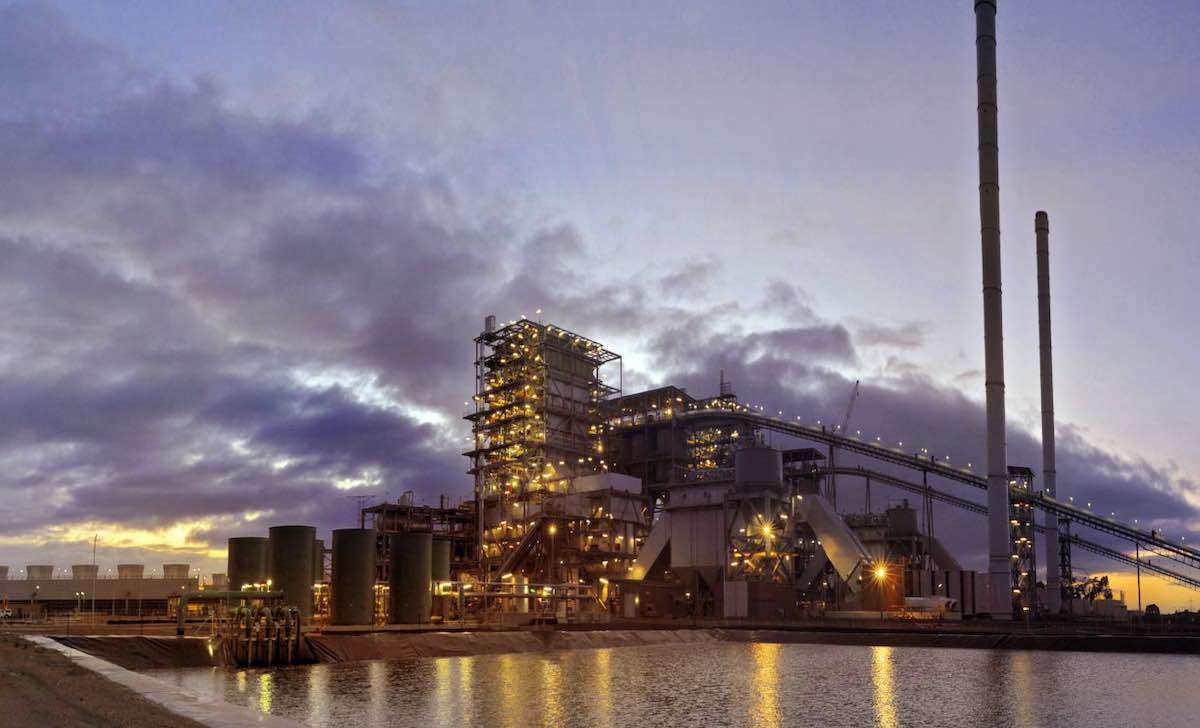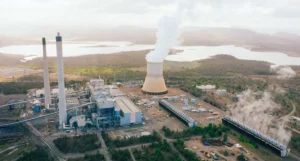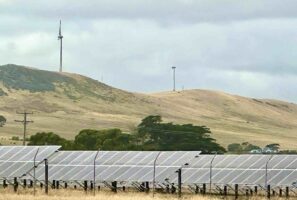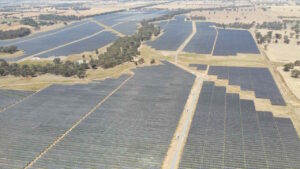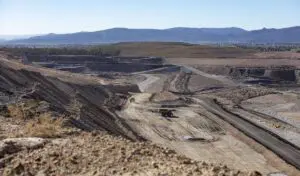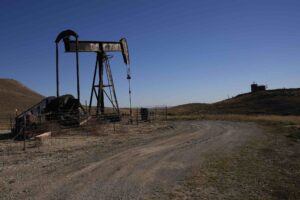Western Australia’s fossil fuel woes look set to continue in 2023, with the market operator forecasting that one of the state’s newest coal plants will likely go offline for a period in mid-2023 “due to coal supply issues.”
The Western Australia grid – which is the biggest isolated grid in the world – has been hit by a series of problems from its traditional fossil fuel generation, which still dominates the energy mix despite record wind and solar penetration in recent months.
Towards the end of 2022, lack of coal supplies, problems with a gas pipeline and the closure of a major gas generator prompted the Australian Energy Market Operator to turn to industrial customers to help manage the state’s supplies over the summer.
Among the main casualties was WA’s Collie power station – which is managed by government-owned utility Synergy and supplies an average of roughly 7% of the electricity on the state’s main grid – which was shut down temporarily in October last year due to an “unavoidable short-term interruption” in coal supply.
At the time, state energy minister Bill Johnston said that the shut down of the plant was a precautionary measure during a period of low demand – thanks to strong contributions from solar – to “stockpile” adequate supplies of coal for the peak summer months.
Johnston said wet weather and operational mishaps had contributed to limited availability of coal.
The Collie coal plant outage came just a few months after WA’s Labor government announced plans to close all state-owned coal generators by 2030 and accelerate the shift to renewables.
For the Collie power station, this locked in a 2027 closure date, while units at the 1,100MW Muja power station (pictured above) are slated to close progressively, with Muja D to close by 2029.
At the time, the McGowan government said it was committed to working with coal providers to ensure security of supply through to 2030, and an orderly transition for industry.
So far, however this is not going as planned.
As Rystad Energy’s David Dixon noted in October, there are ongoing troubles at the Griffin coal mine, near Collie in WA, which went into receivership in September – and which also happens to supply the 434MW Bluewaters power station.
And in December, AEMO stressed that problems in the state’s coal and gas supplies were expected to continue between 2023 and 2026.
“For the period from 2023 to 2026, the WA gas supply-demand balance is tight, with a small deficit of 45 petajoules (PJ) over the four years,” the market operator said on the release of its the 2022 WA Gas Statement of Opportunities (GSOO).
“The forecast shortfalls are being driven by changes in production and increased demand, including for gas-powered generation and new resource projects.”
Coal supply issues are expected to exacerbate this situation, the AEMO GSOO report says.
“AEMO has included an assumption that the Bluewaters power station closes in mid–2023 due to coal supply issues,” the report says.
“Should this happen, it will lead to higher gas demand from SWIS gas generation earlier in the outlook period in this scenario.”
As an ABC News report points out this week, the same AEMO report has also assumes that the Bluewaters coal plant will be shut down by its owners by the end of 2029, in line with the plans for the government-owned coal power fleet.
“In June 2022, Synergy announced that its remaining coal generators would be retired by the end of 2029, with Collie closing in 2027 and Muja units 7 and 8 closing in 2029,” a footnote in the report says.
“AEMO has assumed that Bluewaters power station retires at the same time as the Muja units.”

